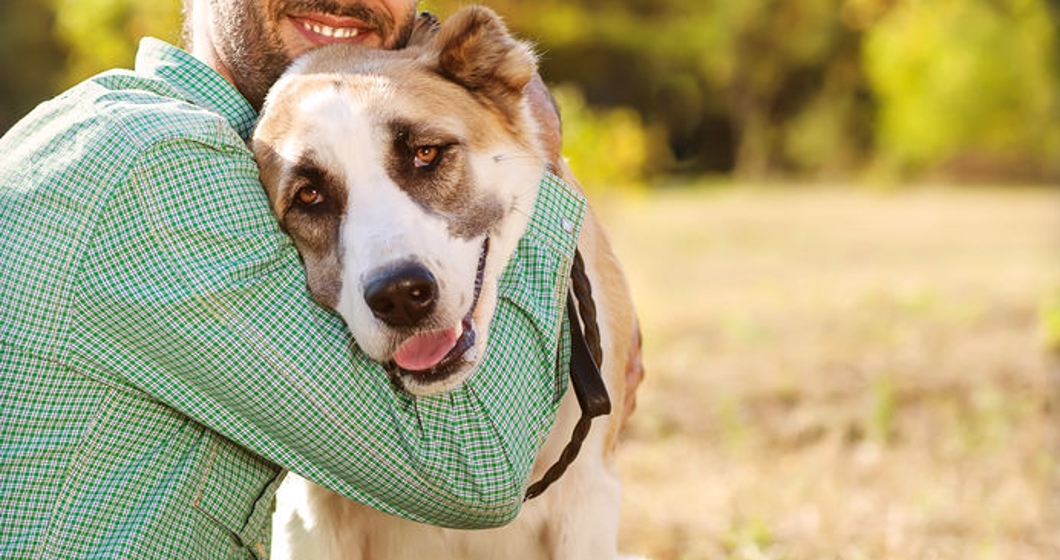The heart-wrenching experience of a lost dog can be a harrowing time for any pet owner. The urgency to find them becomes even more crucial when dealing with different scenarios, such as a senior dog, a rescue, a playful puppy, or a recently adopted furry friend. In this comprehensive guide, we'll explore tailored tips for locating these different types of dogs during their unique life stages.
Finding a lost senior dog:
Locating a lost senior dog requires a blend of urgency and an understanding of their specific needs.
- Act swiftly:
- Time is of the essence when dealing with senior dogs. Act promptly to initiate the search.
- Check their favorite spots and nearby areas they frequent.
- Contact local veterinarians:
- Notify local veterinarians with a detailed description of your senior dog.
- Share recent photos and information about any medical conditions.
- Utilize social media:
- Leverage social media platforms to spread the word about your lost senior dog.
- Join local pet groups and forums for additional support.
- Consider their physical limitations:
- Recognize that senior dogs may not cover large distances. Focus your search in a more confined radius.
- Ask neighbors to check their garages, sheds, or any hidden areas where a senior dog might seek refuge.
Finding a lost rescue dog:
Lost rescue dogs may be unfamiliar with their surroundings, making the search a unique challenge.
- Use their history:
- Understand the dog's rescue history and any traumatic experiences that might influence their behavior.
- Consult with the rescue organization for insights into their habits and tendencies.
- Set up a safe zone:
- Create a safe zone with familiar items like their bed, toys, or items with your scent.
- Place food and water in this area to entice them back.
- Collaborate with the rescue organization:
- Reach out to the rescue organization for support and guidance.
- They may have contacts or resources to aid in the search.
- Be patient and non-threatening:
- Approach the lost rescue dog with caution, using non-threatening body language.
- Avoid chasing or cornering, as it may exacerbate their anxiety.
Finding a lost puppy:
Puppies are curious and may find themselves in unexpected places, requiring a thorough search.
- Search their play areas:
- Start the search in areas where your puppy likes to play.
- Check under decks, porches, or any small spaces where they might hide.
- Utilize their senses:
- Use familiar scents or sounds to attract your puppy.
- Leave out their favorite toy or blanket near the home to guide them back.
- Collaborate with neighbors:
- Inform neighbors about your lost puppy and ask for their assistance.
- Puppies are social animals, and they may approach people for attention.
- Create visual aids:
- Print visually appealing and clear flyers with your puppy's photo.
- Distribute them in your neighborhood and surrounding areas.
Finding a lost newly adopted dog:
Newly adopted dogs may be adjusting to their new environment, requiring a thoughtful search strategy.
- Return to the adoption location:
- If your newly adopted dog is lost shortly after adoption, return to the adoption location.
- They may return to a place that feels familiar and secure.
- Utilize adoption records:
- Refer to adoption records for any behavioral cues or information about their past.
- Adopting agencies may have helpful insights.
- Leverage microchip technology:
- Ensure your newly adopted dog has a microchip with updated information.
- Notify the microchip provider and local animal shelters about the situation.
- Create a familiar environment:
- Set up a secure and familiar space with items from their new home.
- Use their new bed, toys, and bowls to attract them back.
DoodyCalls of North Atlanta:
Maintaining a clean and enjoyable outdoor environment is essential for your pet's overall well-being. DoodyCalls of North Atlanta specializes in poop-scooping and waste removal services, offering residential dog poop removal, yard deodorizing, and commercial services for common areas and pet waste stations.
Visit DoodyCalls of North Atlanta to explore their services and ensure a clean space for your lost pet. A well-maintained environment not only enhances their quality of life but also contributes to a safer and more enjoyable home.
Additional tips for finding lost dogs:
- Stay calm and composed:
- Maintain a calm demeanor during the search to avoid stressing your pet further.
- Dogs may respond better to a calm and reassuring presence.
- Use treats and familiar sounds:
- Bring treats or toys that your dog loves to attract them.
- Call their name and use familiar sounds they associate with positive experiences.
- Collaborate with local animal shelters:
- Notify local animal shelters about your lost dog and provide them with a detailed description.
- Visit shelters personally to check for your pet.
- Keep flyers visible:
- Distribute flyers in high-traffic areas and near your home.
- Include your contact information and a clear photo of your dog.
- Utilize nighttime search techniques:
- Dogs may be more active during the night. Use a flashlight to search in dark or secluded areas.
- Call your dog's name periodically to guide them back.
Whether your lost dog is a senior, rescue, puppy, or newly adopted, each situation requires a unique approach. By implementing these tailored tips and maintaining a clean outdoor environment with DoodyCalls of North Atlanta, you'll increase the likelihood of a happy reunion. Remember, patience, collaboration, and a proactive approach are key elements in bringing your lost pet back home.


